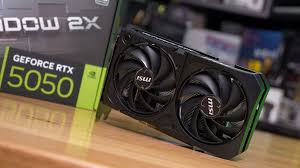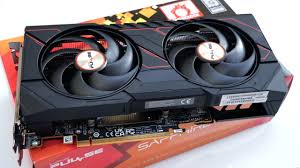NVIDIA’s latest gaming GPUs, the GeForce RTX 4090D Gaming and H20 AI models, could face obstacles entering the market due, to US trade regulations. These regulations aim to prevent technology transfers to countries like China by restricting the export of high-performance solutions.
This development has raised concerns among industry leaders such as NVIDIA and AMD, which heavily rely on access to the market. Recent reports indicate that the Biden administration has expanded these regulations to cover products that meet China’s standards well.

More About US Trade Regulations and NVIDIA
Since April 4 the updated policy, on restrictions is now focusing on GPUs that have performance exceeding 70 TFLOPs, including models like NVIDIAs GeForce RTX 4090D Gaming and H20 AI GPUs. While the GeForce RTX 4090D was initially released for gamers in November 2023 orders for the H20 AI GPUs started in February.

These products are now categorized under Export Control Classification Number (ECCN) 4A003 potentially requiring a license for export which could limit exports to countries like China and other restricted nations. The expanded restrictions cover all components, such as CPUs and their associated NPUs. The reasons behind this licensing requirement are not entirely clear. Could be related to efforts in markets to circumvent restrictions using products that meet specific standards.
There have been reports of some individuals attempting to “overclock” the GeForce RTX 4090D to boost its performance capabilities. Efforts are underway to contact NVIDIA for a statement; however, it appears evident that selling or exporting NVIDIA products in regions like China will pose increasing challenges. With support from the Biden administration companies may need to explore strategies going forward.

The implications of these regulations go beyond affecting NVIDIA; they also impact the GPU industry. Given that the Chinese market plays a role, in demand these restrictions could disrupt supply chains and revenue streams. As a result, businesses must quickly adjust to navigate through these changing environments. Minimize potential financial losses.








